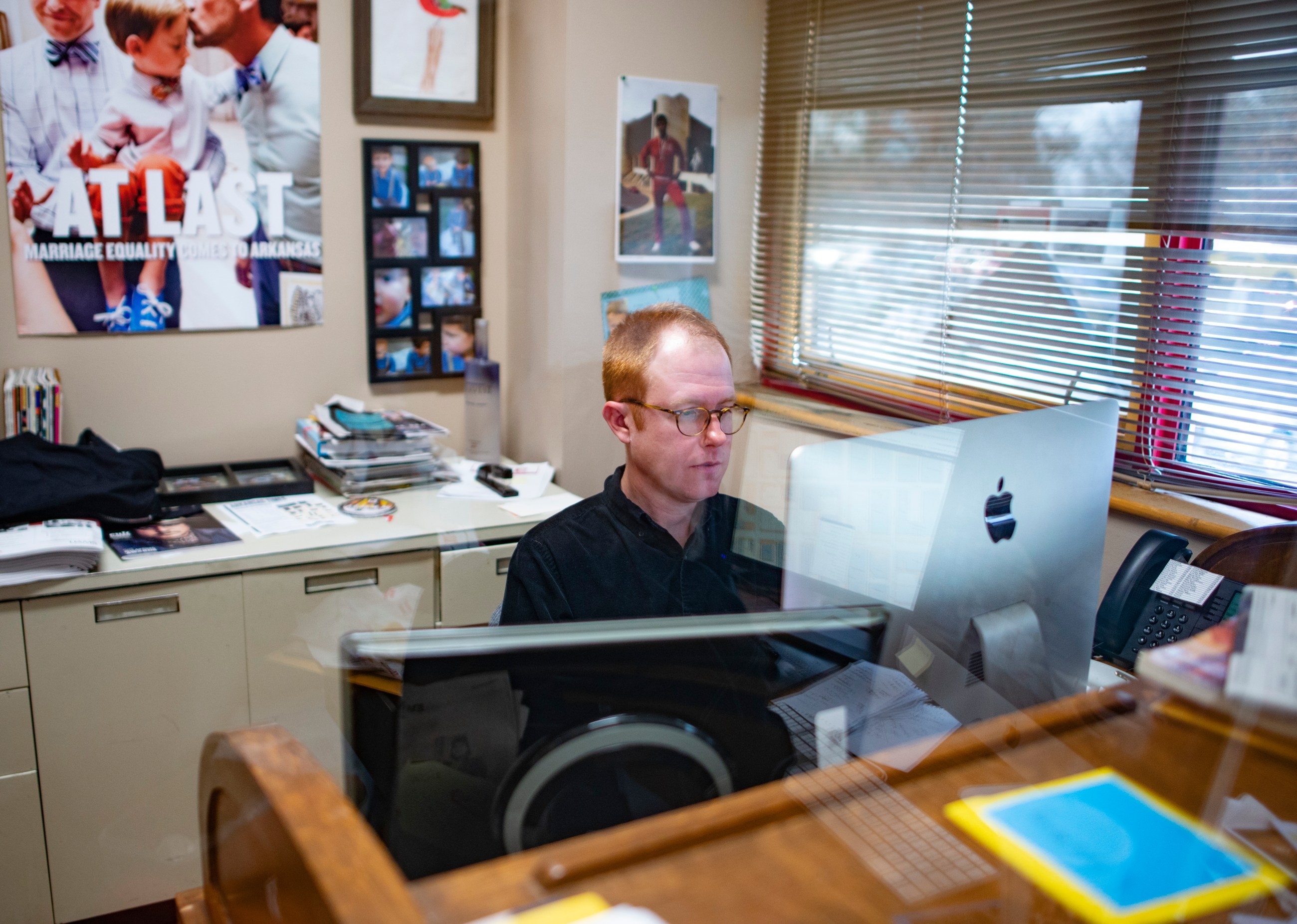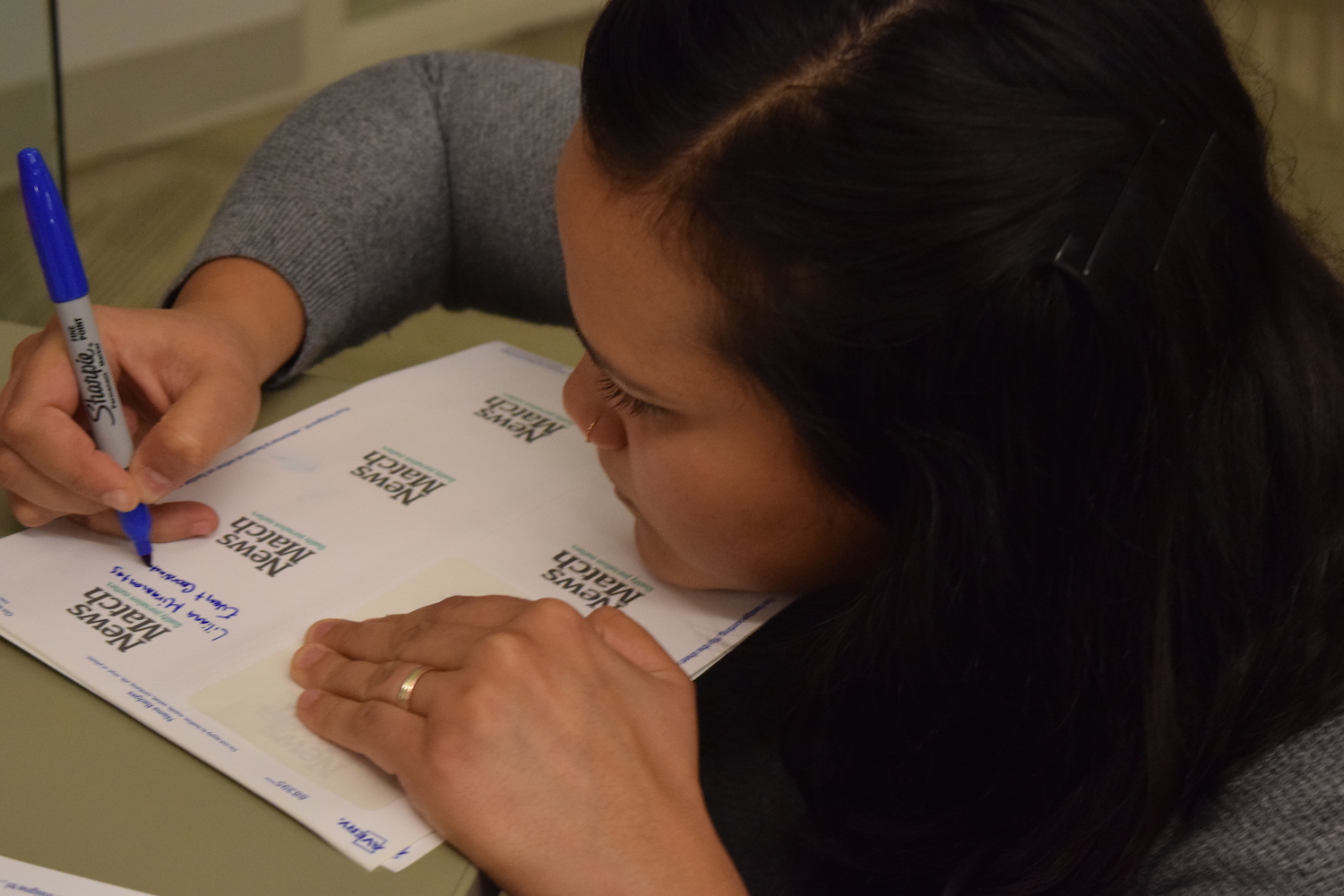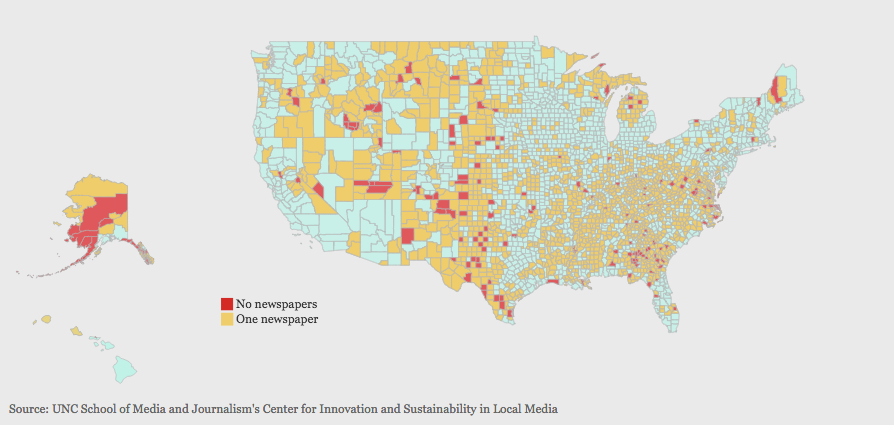
How local news builds trust and disinfects corruption
NewsMatch, the largest grassroots fundraising campaign to support nonprofit news, is matching donations to 155 nonprofit newsrooms, up to $25,000 per organization, through Dec. 31, 2018. Below, Lindsey Millar, founder of the Arkansas Nonprofit News Network, a NewsMatch 2018 participant, explores how the network represents the future of public interest journalism and what the money raised this giving season will support in 2019.
As journalists, we understand that robust local journalism requires time and resources. It demands patience and a sense of where to look for a story.
Too often and in far too many parts of the United States, local journalism no longer has those things. Even in states where the major newspaper is locally owned and relatively stable, like Arkansas, newsrooms have shrunk and less time is spent digging into stories, holding powerful figures accountable and showing the concrete consequences of abstract policy on individuals’ lives.
That makes our job as investigative journalists even more important.
This year, the Arkansas Nonprofit News Network reported on a massive public bribery and embezzlement scandal in the state legislature. An executive at Preferred Family Healthcare, a Medicaid provider at the center of much of the alleged corruption, remained in place despite its assurances that it had cleaned house. In apparent response to our reporting, the executive was placed on leave, and has since pleaded guilty to concealing knowledge of a felony and is awaiting sentencing.
We measure our work by its impact. We have the privilege of being able to do that only because we are a nonprofit news organization and our deadlines are driven by where the story takes us. Our budget is underwritten by donors who see the value of dogged independent reporting.
Stories like this one take time and, even more, they take local know-how. Reporter David Ramsey, who was named to the Washington Post’s 2015 list of best state political reporters, interviewed dozens of current and former Arkansas lawmakers, lobbyists, state officials and associates of major players in the scandal. He and other reporters at the network pored over thousands of pages of court documents in more than a dozen cases and initiated Freedom of Information Act requests that revealed additional details to the public.
“We measure our work by its impact. We have the privilege of being able to do that only because we are a nonprofit news organization …”
Our investigative work connected the dots and gave the public a clear and coherent view of just who did what and why it matters.
Other times our reporting aims to show how the actions of lawmakers in Washington, D.C., and Little Rock are felt in cities and towns across Arkansas. It is the basic demand of democracy that the public sees the work of elected officials, to demand they live up to their promises, and to hold them accountable when they don’t. When the consequences of political decisions remain hidden, they can rot a democracy to its core. Sunshine disinfects.
Arkansas’s first-in-the-nation work requirement in 2018 for certain Medicaid expansion beneficiaries caused almost 17,000 low-income Arkansans to lose health insurance and ultimately prompted a federal lawsuit. Our reporters explored details of the policy, like the state’s convoluted criteria for work requirement exemptions and its unorthodox requirement that beneficiaries report their information through a website that is taken offline for 10 hours every night. We told the stories of real people who lost coverage and went without medical care or much-needed prescriptions. It’s not easy finding people who will share their stories, and then checking to make sure those stories are true.
But that’s the work of journalism and we are proud to do it.
“When the consequences of political decisions remain hidden, they can rot a democracy to its core. Sunshine disinfects.”
Because if not us, who? The Associated Press has reduced its bureau in Arkansas, as it has elsewhere. Gatehouse Media has closed papers throughout the state, as it has elsewhere. Every story we publish is made available, for free, to some 20 news outlets throughout the state. This helps sustain Arkansas’s remaining small daily and weekly newspapers, which helps them stay relevant and keep publishing. Through this network, our stories reach an audience that rivals those of the largest media outlets in the state.
We operate with no overhead. All the money we raise goes directly to pay reporters and editors. There is so much more to do, which is why we have asked our readers to step up this year to help the Arkansas Nonprofit News Network expand. Nearly 100 local donors have already responded. We’ll be able to devote more resources to covering education and the environment, topics woefully undercovered in Arkansas. We will continue to follow stories on political corruption, health care, juvenile justice and more.
Cities and towns across the country have a stake in what happens in their state and the nation. By helping the public stay informed and engaged, nonprofit news can have a lasting impact.
Donate to NewsMatch at NewsMatch.org.
NewsMatch is supported by Democracy Fund, the John S. and James L. Knight Foundation, the John D. and Catherine T. MacArthur Foundation, the Jonathan Logan Family Foundation, the Facebook Journalism Project, the Ethics and Excellence in Journalism Foundation and other supporting partners, in partnership with the Institute for Nonprofit News, News Revenue Hub, and The Miami Foundation. Visit NewsMatch.org for more information.
Image (top): Lindsey Millar, founder of the Arkansas Nonprofit News Network. Credit: Brian Chilson
-
Journalism / Article
-
Journalism / Article
-
Journalism / Press Release
Recent Content
-
Journalismarticle ·
-
Journalismarticle ·
-
Journalismarticle ·




